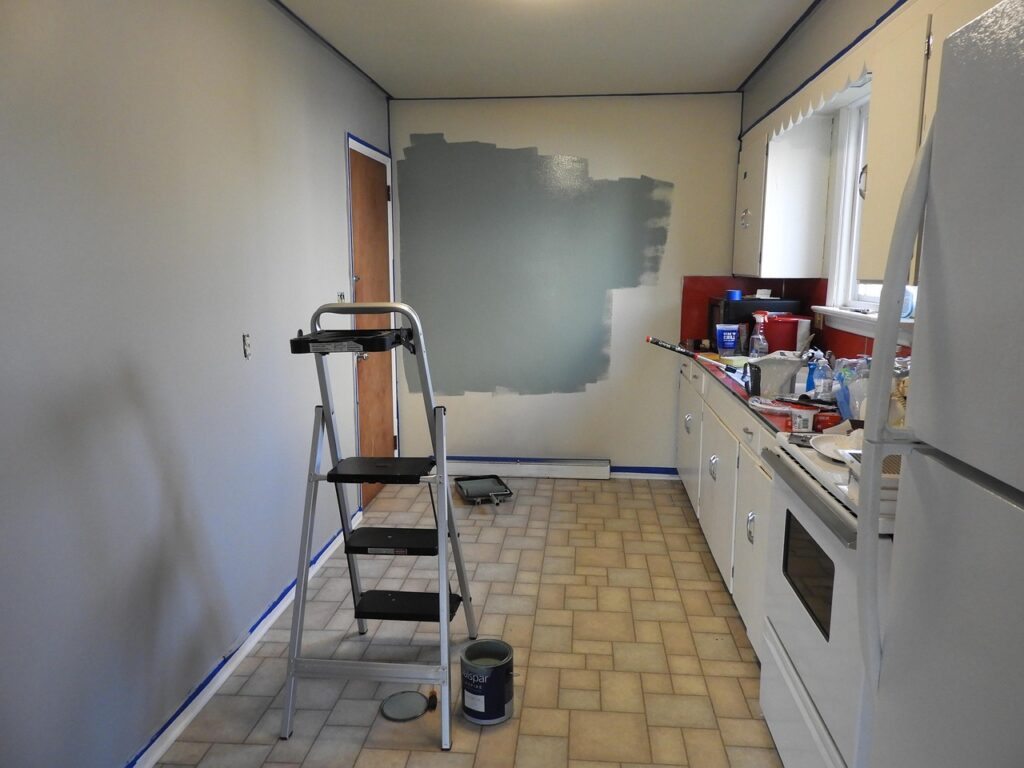Essential Strategies for Managing Waste During Home Remodeling
A home remodel can significantly enhance your living environment. However, this transformative process often generates a considerable amount of waste, including broken tiles, torn-out drywall, packaging, and hazardous materials. Without an effective disposal plan, the clutter can impede progress, inflate expenses, and trigger compliance issues. Fortunately, managing construction waste can be straightforward with the right strategies in place.
Understanding Remodeling Waste Management
Every successful remodeling project starts with a comprehensive plan, which should include waste management as a crucial component. Here’s how to tackle the waste your project will generate:
- Identify Waste Types: Common waste types include demolition debris, packaging materials, hazardous substances, and recyclables.
- Create a Disposal Timeline: Establish a schedule for waste removal that aligns with your project milestones.
Renting the Right Dumpster or Bin
To keep waste contained and out of your workflow, renting the appropriate sized dumpster is paramount.
- Choosing the Right Size: A too-small dumpster can lead to overflow, necessitating additional hauls; a too-large dumpster can result in unnecessary costs. Resources like ASAP Marketplace provide helpful comparisons of dumpster sizes, weight limits, and costs to determine the best fit for your needs.
Repurposing and Donating Materials
Not all removed materials need to end up in a landfill. Consider these options:
- Reusable Items: Cabinets, doors, appliances, and lighting fixtures can often be reused or donated.
- Tax Benefits: Donating materials can also provide tax deductions.
Recycle Separately
Construction often results in a mix of recyclable and non-recyclable materials. To optimize recycling:
- Identify Recyclables: Commonly recyclable materials include wood, metal, cardboard, and concrete.
- Organize: Set up designated bins or areas on-site to keep recyclables separate. Consult your local recycling center or waste hauler for specific guidelines regarding accepted materials and any necessary pickup services.
Responsible Disposal of Hazardous Waste
Older properties may harbor hazardous materials:
- Types of Hazardous Waste: Paint, solvents, adhesives, and asbestos-containing materials require special handling.
- Check Local Regulations: Contact your municipality for information on designated drop-off days or collection programs. In some instances, licensed contractors may be required for proper disposal.
Hiring a Junk Removal Service
If time is of the essence, consider enlisting a junk removal service to simplify cleanup:
- Efficient and Safe: Professionals can manage the loading, hauling, and responsible disposal of non-hazardous items, especially those that are bulky or difficult to handle.
Maintain a Clean Worksite
A consistent cleanup routine boosts safety and efficiency:
- Daily Cleanups: Use heavy-duty bags or portable bins to collect debris as you work.
- Regular Sweeping: Regularly sweeping up dust, nails, and sharp fragments minimizes tripping hazards and protects your materials.
Finalize with a Comprehensive Cleanup Plan
Once your remodel is complete, a final cleanup is essential:
- Schedule a Pickup: Arrange for the timely pickup of your dumpster and any remaining waste.
- Thorough Inspection: Complete a thorough walkthrough of your worksite to ensure nothing has been overlooked, especially in hidden areas like attics or crawlspaces.
Conclusion
Waste management is an often-overlooked aspect of home remodeling that can greatly influence the success of your project. By planning your disposal strategies in advance, utilizing the appropriate equipment, and maintaining a consistent cleanup routine, you can eliminate unnecessary stress and potential delays. Ensuring a clear plan for managing waste will not only streamline your remodeling process but also contribute positively to the environment.
For more resources on effective waste management practices, consider visiting Earth911 and learning more about recycling and disposal options in your area.


